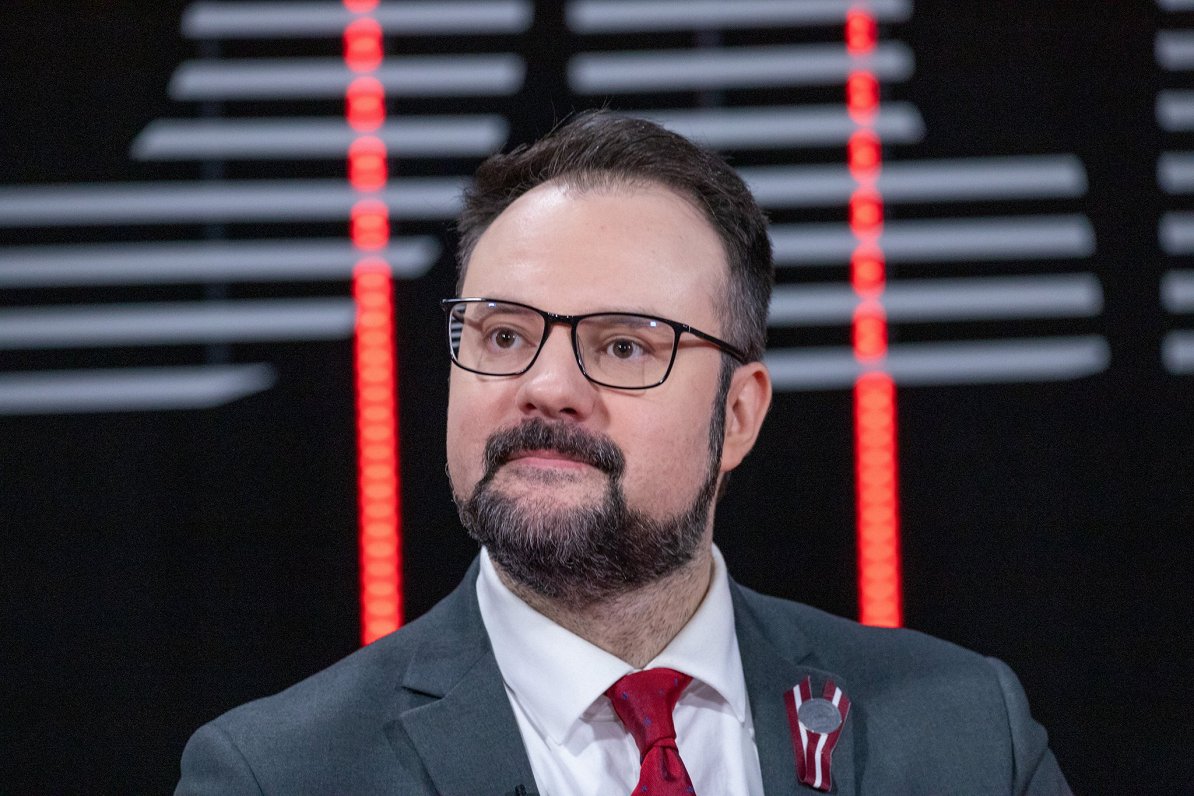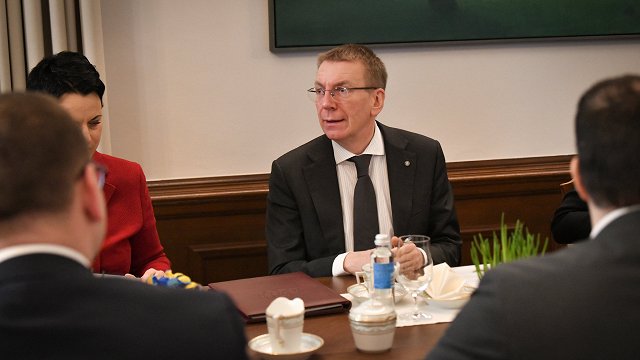"It looks like no one was prepared for this situation [that trains would not run properly due to faults]. It's not a normal situation. It is normal that there are various faults when the train is put into service which do not affect the ability of the train to run and therefore the well-being of passengers. It is not normal for a train to stand at a station in -20 degree weather and not be able to run further,” the minister said.
He reminded the public that passengers can use a taxi if a train has been cancelled and the costs would be compensated by the manufacturer. "If this kind of cost comes up, it certainly needs to be sent to Skoda further down the line. We are prepared to turn against the manufacturer harshly so that our costs are covered, but punishing is not an end in itself," Briškens said.
"The manufacturer needs to find a solution, but if we see that at some point there is no fair treatment - there is no reason to draw such a conclusion at this point - we need to approach the maximum severity," the minister noted.
He conceded that Škoda Vagonka hadn't expected the defects to be so serious, either.
As for who should take responsibility for such a situation, Briškens said that he has just over 100 days in office. "I would have liked this form of process to have been ready already during previous ministers. At the moment, this is my main task, which I work with constantly," Briškens stressed.
Asked again about who should take responsibility, Briškens asked that he be allowed to deal with crisis management right now. "Then we will talk further about responsibilities," the minister added.
"Of course, I will see at what point this system did not work. We estimate that all factors coincide at the same time – the introduction of trains, the infrastructure works, of course, also the winter season, which may even be good because it allows trains to run during the most challenging season. There is also a lack of back-up transport."






























